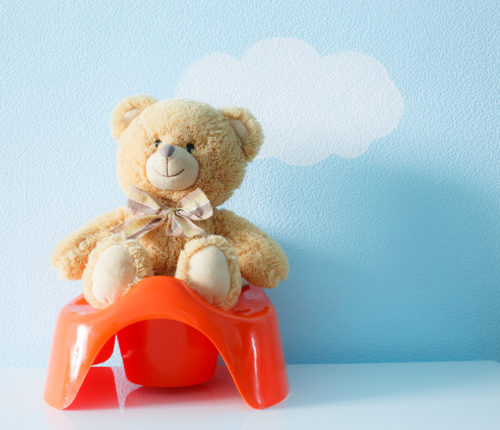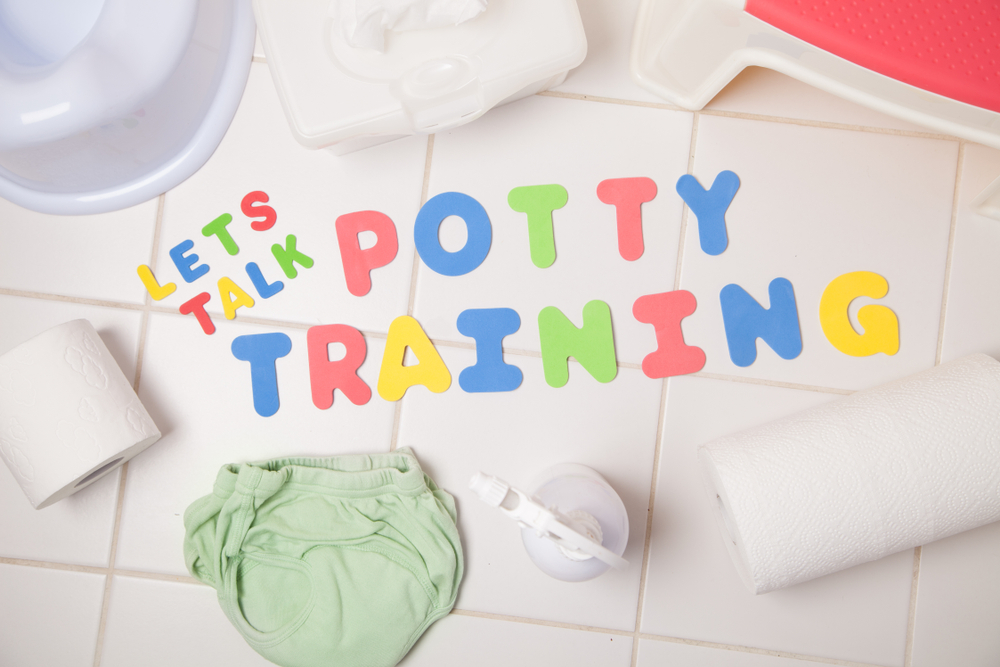
Potty Training Children with Cerebral Palsy
Potty training is an important, yet sometimes difficult, part of parenting. If your child has cerebral palsy, the challenges of potty training may be a bit greater. That’s not to say that the process can’t be successful – it can! But sometimes potty training children with cerebral palsy requires a bit more practice, patience and creativity.
Potty Training Children with Cerebral Palsy
When it comes to potty training children with cerebral palsy, it is important to realize that every child is different. What works for one child may not work for another. So find strategies that work for each child based on his or her needs and goals. Below, we offer some helpful tips for getting the process started and making potty training a success.

When to Start Potty Training
When to start potty training is something all parents struggle with. Ultimately, it depends on your child and his or her physiological and cognitive development. Some children achieve urinary continence with relative ease, and others may require more time.
If you are concerned about your child’s continence, a urologist can help. A urologist can help you determine if your child has achieved urinary continence, the act of controlling the release of the bladder.
If a child with a more mild form of cerebral palsy can achieve urinary continence by age three, potty training can be attempted at that age. If your child struggles with urinary continence, the urologist can recommend a treatment program that involves exercises, medication or possibly surgery to correct problems and promote continence.
Signs that your child is ready for potty training include:
- Awareness of when they’ve had an “accident”
- Going a few hours at a time without soiling or wetting themselves
- Letting you know they want to go “potty”
- Capable of sitting on the toilet (with assistance if needed)
If, however, your child has a more severe form of the disability and does not achieve urinary continence by age eight, and/or doesn’t show any of the aforementioned signs, statistics reflect that continence may be more difficult to achieve. Different accommodations for your child (such as external collection devices, diapers, etc.) may be options at this point.
Consider Using a Toilet Seat or Chair
Adaptive equipment, such as specialized toilet seats, are a great way to help your child achieve potty training success. Many seats and toilet chairs come with adjustable straps, safety rails and soft cushioning to help prevent accidents, such as slipping and falling. You can generally find specialized toilet seats at local pharmacies, but if not, a pediatrician should be able to let you know where you can obtain one.
Help Your Child Develop Potty Habits
Potty training is about developing and/or changing habits. There may still be an occasion when the child has an accident or is distracted or surprised and doesn’t make it to the potty. But generally, potty training is about creating a routine for the day and sticking to it.
Routines and habits are very important for all children. A schedule and routine for going potty throughout the day can help children get used to the process as part of what they do every day. Pick certain times throughout the day when it makes sense for your child to go potty. We recommend:
- Upon waking up
- After a snack or drink
- After meals
- Before bedtime
Helping your child understand that going potty is a part of normal, everyday life is a great way to get them onboard and help them build habits they will remember.
Encourage Independence
Potty training a child with cerebral palsy is one of the best ways to encourage independence. When your child can go potty as needed, or ask for help when needed, he or she has more independence and autonomy – two things that are important to encourage growth and development.
Also, potty training can open doors to more experiences and activities, including school, travel or having play dates. This kind of independence will make your child a much happier individual. Independence is something that your child will continue to develop and thrive from as he or she gets older.
As a parent, your child’s happiness and independence are super important. Potty training is just one element of a happy and independent life. Remember to be patient with your child and encourage him or her throughout the process. Recognize that sometimes it takes longer, or requires more creativity, to reach certain goals. Ultimately, potty training a child with cerebral palsy can be a fun and engaging experience for your family.
Sources:

